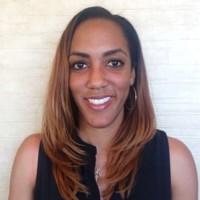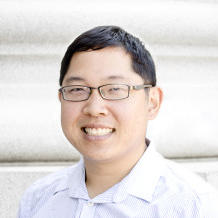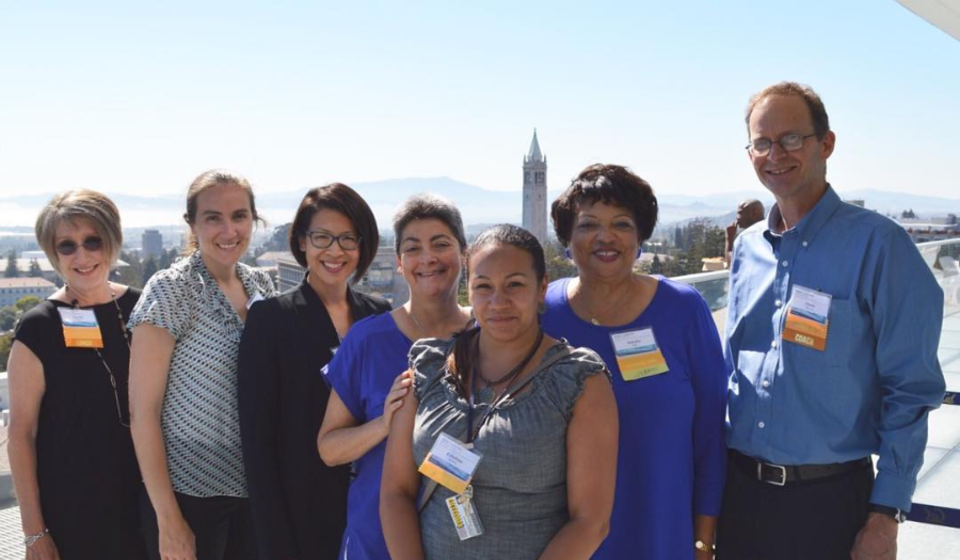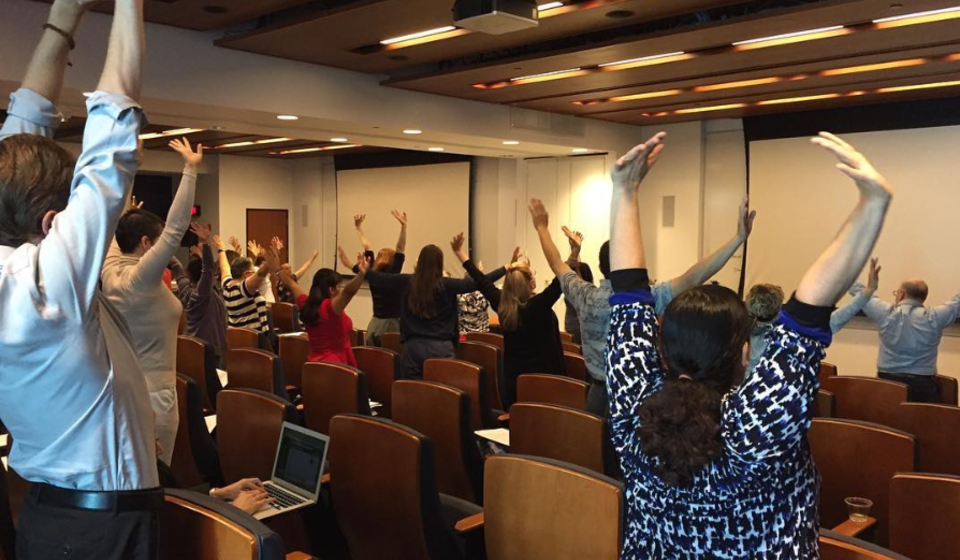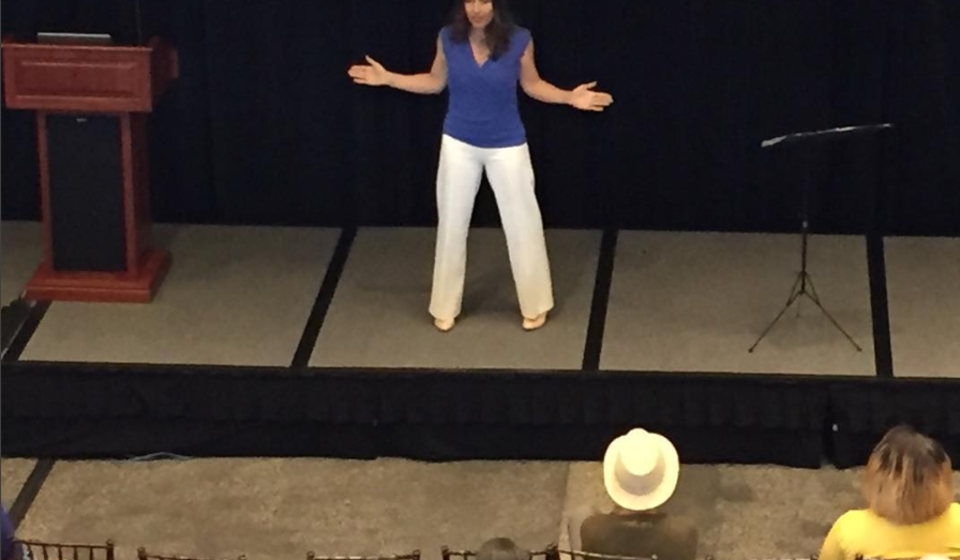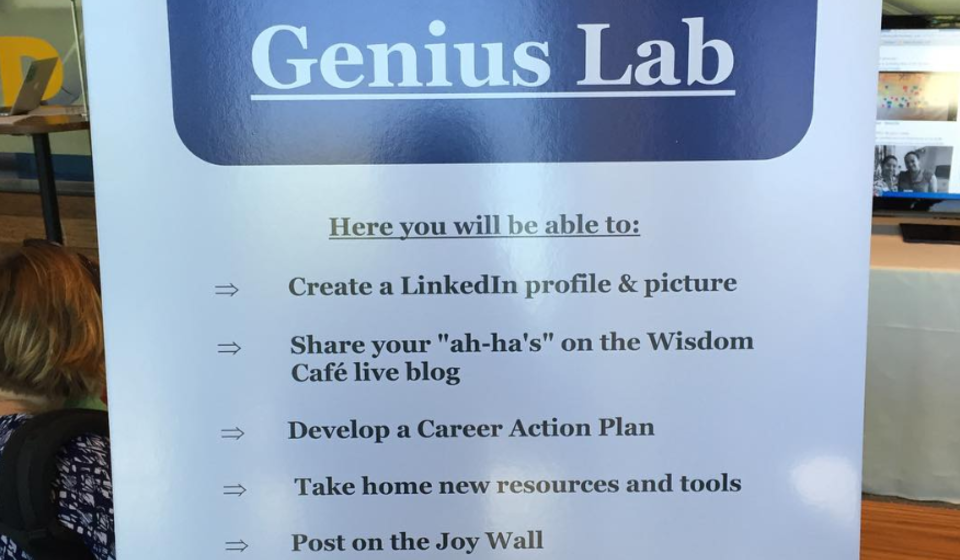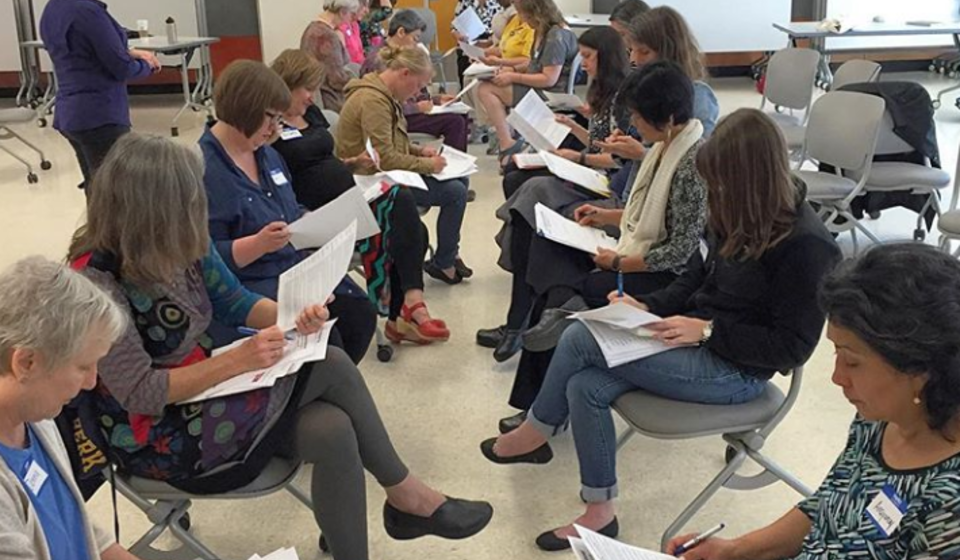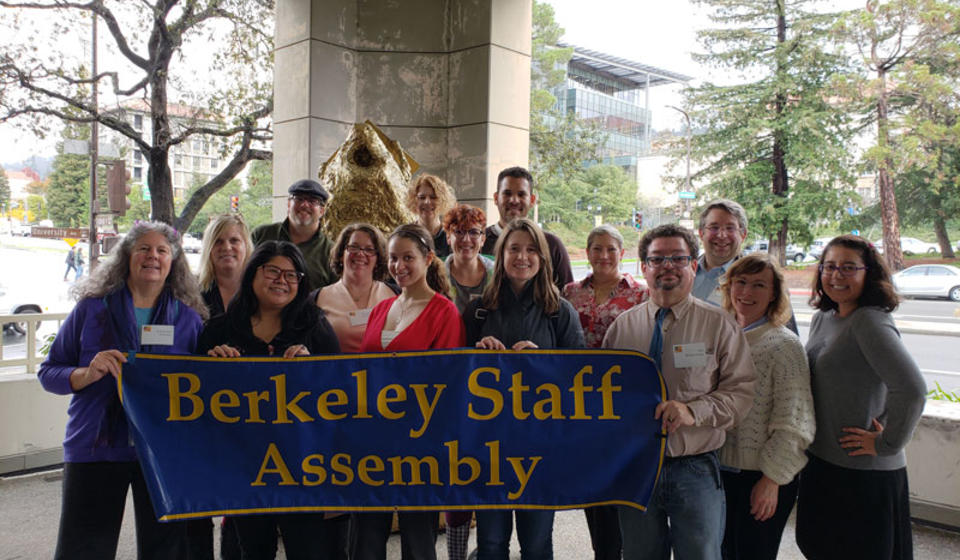What roles have you had throughout your time at Berkeley and how did you know when it was time to move to a new position?
I began my journey here at UC Berkeley as an Admin Assistant 2 in the Department of History’s Accounts Office. My past experience had been in Audit Management at a major banking institution, but I had just become a new Mom and I wanted to work part-time (50%). That first job in History allowed me that flexibility for my first 6 months. I stayed with History for 4 years; I became a Mommy once again and I decided to try my hand at stay-at-home parent-ness. That lasted two years, until my youngest was pre-school eligible.
I returned to Campus as an Accounts Assistant 3 at the Center for Latin American Studies (CLAS), again at part-time (50%). After two years at CLAS, I was approached by the California History Social Science Project (CHSSP), housed in the Department of History. This was a 75% appointment and worked well with my children’s school schedule. I accepted the job at CHSSP and returned to History, again, to the welcoming arms of old and beloved co-workers. After three years at CHSSP, I was ready to try something new; turnover in the UC Office of the President provided just the right amount of angst surrounding K-12 curriculum program support. Back to History, I was promoted to become the Human Resources Manager, where I functioned and thrived for 4 years.
One of my History faculty brought me a problem with staffing a new joint-doctoral program in Jewish Studies; the program needed an administrative manager. I jumped at the chance. I served as the Admin Manager (Grad Advisor/UD Advisor/Financial Analyst/HR Manager) for 8 years! After 8 years, funding for our program was interrupted by the campus and I was laid off… for exactly one day. I applied for a Human Resources Generalist for the Vice Chancellor of Research (Research Enterprise Services) and was hired. This was my inaugural foray into the precursor of campus shared services. For two years I managed the human resources needs for 13 units representing the Berkeley Natural History Museums and Field Stations.
Just as CSS was introduced to the campus, I was ready anew for a change in scenery. The Graduate Student Affairs Officer in Comparative Literature, an old friend from my Dwinelle Hall residency, retired and her job became vacant. I decided I had enough experience with Jewish Studies to justify my interest. I was not the first choice when the hiring decision was made, but the first candidate declined the offer and serendipitously, I became GSAO. I served in that role for another four years. And then I took inventory of my career.
I believed the logical next step would be to throw my hat in for a management opportunity. It just so happened that the summer of 2017 there were 4 manager’s posts open and I applied for all four and was interviewed for all four of them. I was offered the Department Manager in Theater, Dance, and Performance Studies and I accepted. Over the past 19 months I have grown in my management skills with TDPS; I have invested many hours towards establishing a firm infrastructure and creating a true department culture that is inclusive and exuberant. But my journey does not end in TDPS.
In February, the Director of Administration in the Social Sciences Cluster of African American Studies/Ethnic Studies/Gender & Women’s Studies passed away. Her position was one of those I interviewed for in summer 2017. Soon after, the position was advertised and I was at a true crossroads; do I throw my hat in the ring once again for this “dream” position or stay in my beloved TDPS. I asked my Chair and in her fashion, she supported the opportunity to give it a try. I am happy to report that I will be the new Director of Administration in this esteemed Cluster effective August 1, 2019.
How do you know when it’s time to move on?
Mathematically, I submit that it’s 50% luck and 50% ambition. But I return to three key things that continue to cross my mind:
-
I learned during some very trying times in the early 2000s, when lay-offs were rife across the campus, that loyalty (like my parents commitment to civil service posts for 30 years at the same desk) was not necessarily acknowledged as advantageous in the face of budgetary constriction. Rather, any and all employees are equally as likely to be cut when cuts are required. So, staying for the sake or promise of “moving up the ladder” in any one department was unlikely.
-
A very good friend of mine, let’s call her Deborah, told me, “You can’t effectively manage people when you don’t know what they do and/or how to do it right.” I decided to set my own bobbing and weaving pattern across as many administrative strata as possible, gaining subject matter expertise and practical experience.
-
One last thing to consider…I believe all good administrators have a secret love of “playing office.” The whole idea of paper, pens, ledgers, transactions, telephone calls and message pads, and my personal antique favorite, carbon paper, makes me happy.
Similar to your trajectory more people are currently advancing along varied directions that comprise a “lattice,” instead of strictly “up the corporate ladder.” What factors do you think helped you grow and switch positions successfully?
I never underestimate the importance of reputation. In an institution where the constituency includes some of the greatest academic minds in the world, it pays to have a few faculty that can affirmatively sing your administrative praises. Another factor is to set your sights on what you want to do/learn and make the connections necessary to learn it. All of the systems that support the campus are l.e.a.r.n.a.b.l.e. Having some exposure to a new system can be discussed on the resume and invoked in the interview. Lastly, diligence is important. Set your sights on something or somewhere and be true to yourself, your supervisor and your constituency. You might not bring up your goal to be the Chancellor’s Personal Assistant in an interview for an Undergraduate Advisor position, but once you get the job, you should be honest about your dreams.
You were a participant in the highly selective Leadership and Career Enhancement Program for Staff of Color (LCEP). What was the biggest lesson you learned in LCEP and how has it impacted you?
In spring 2018, I was nominated by my Chair and the Arts & Humanities Dean to participate in the inaugural cohort of the UC Berkeley Leadership and Career Enhancement Program for Staff of Color (LCEP). I was selected along with 10 other spectacular leaders of color all over the campus. That experienced galvanized my resolve to look beyond what is known and comfortable, but strive for what fulfills the goal of working from a position of power (as a leader) on this campus or beyond. Through bi-weekly meetings and focused workshops lead by premier consultants, my cohort of 10 (now) friends learned how to negotiate terms, navigate career related processes, and neutralize the ney-sayers in our heads. This experience left me with the strength to speak my truth and take on “tricky” situations with integrity and resolve.
Any final words of wisdom to staff looking to grow their careers at UC Berkeley?
Maintain your Ma’at. That means, keep your world and its concepts in balance. Strive for that which you believe you can sustain successfully if given the opportunity to accept it. Be willing to learn and make that evident in all discourse. I repeat: everything is l.e.a.r.n.a.b.l.e. Smile when you feel happy and let trying things slide from time to time. Your job is not your life…having a good, balanced, harmonious life is your most important job.
If you’d like to advance your career with today’s methods read about the corporate lattice model- here.
Sandra Benjamin Richmond is the Director of Administration within African American Studies/Ethnic Studies/Gender & Women’s Studies Cluster. She’s been a part of the UC Berkeley community for just under 27 years. To set-up an informational interview e-mail sandyjbr@berkeley.edu or connect on LinkedIn.
Never miss a staff profile by signing up for the Wisdom Cafe newsletter.
P.S. - Know someone at Berkeley (including yourself!) who has changed jobs or has unique expertise to share? E-mail us at wisdomcafe@berkeley.edu to have them featured.


